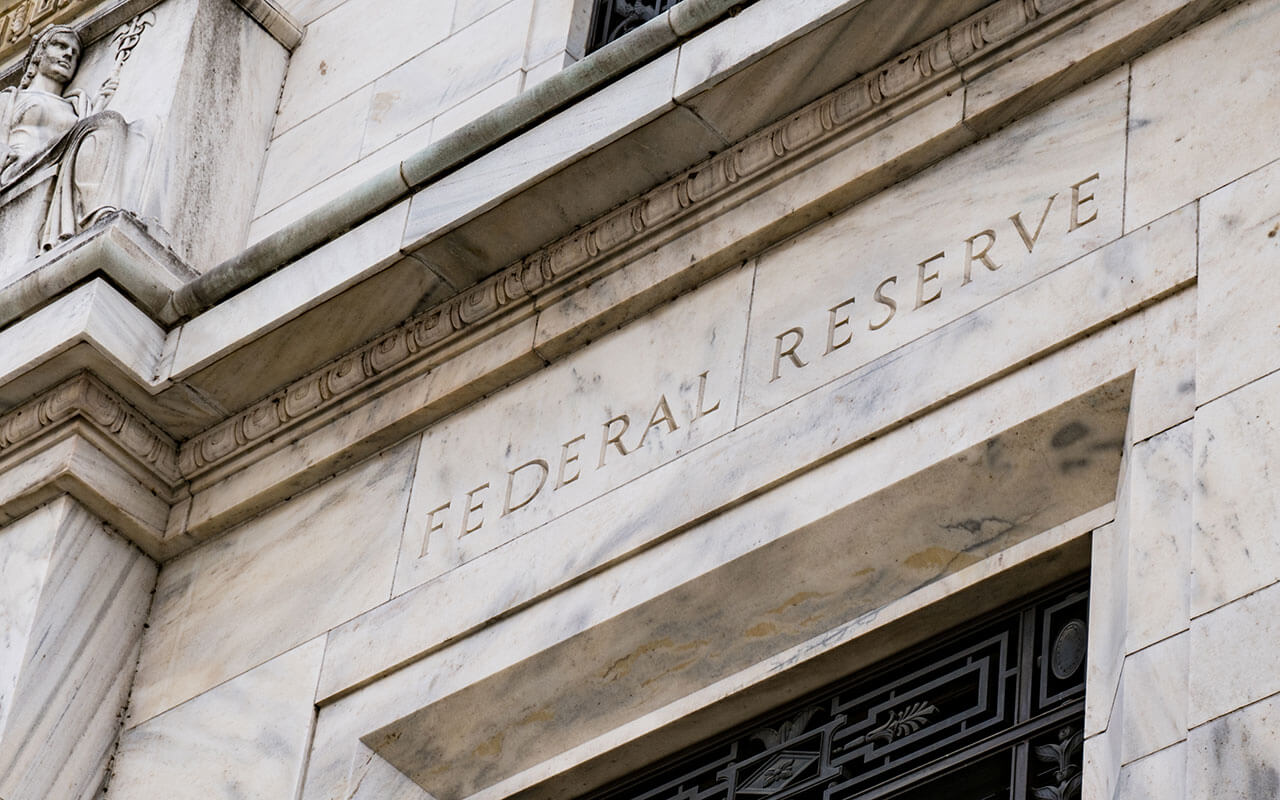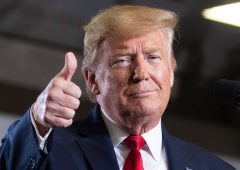Fed Signals Readiness to Intervene if Markets Turn Disorderly
12.04.2025 12:00 2 min. read Alexander Stefanov
The U.S. Federal Reserve is prepared to step in with emergency support should financial markets face severe stress, Boston Fed President Susan Collins confirmed in a recent interview, signaling that policymakers remain vigilant amid recent volatility in stocks and bonds.
Collins emphasized that while current conditions don’t warrant immediate action—citing no significant liquidity concerns—the Fed “would absolutely be prepared” to stabilize markets if liquidity dries up or disorder begins to unfold. Her comments come as concerns about the resilience of the U.S. financial system grow in response to broad asset selloffs.
As a voting member of the Federal Open Market Committee (FOMC), Collins’ words carry extra weight. The FOMC left interest rates unchanged at its March meeting but subtly adjusted its policy stance by slowing the pace of quantitative tightening—cutting the Treasury redemption cap by 80%.
While the Fed hasn’t hit the panic button, investors are closely watching signs of policy flexibility. The central bank’s influence on liquidity—the availability of money and credit—remains a key factor across global markets, particularly for digital assets like Bitcoin.
Recent academic research and macro analyses have reinforced Bitcoin’s sensitivity to shifts in global monetary liquidity. A 2024 study from Kingston University showed dollar liquidity influences over 65% of Bitcoin’s price movements. Macro strategist Lyn Alden echoed this, describing Bitcoin as a “global liquidity barometer” that tends to move in tandem with broad money supply.
With markets on edge and liquidity conditions in focus, the Fed’s next move could carry major implications—not just for traditional assets, but for the broader crypto landscape as well.
-
1
Big Funds Sell $51B in May, But Buybacks Cushion U.S. Stock Market
20.06.2025 10:00 2 min. read -
2
BlackRock’s Bitcoin ETF Now Out-Earning Its $624B S&P 500 Fund
03.07.2025 10:00 1 min. read -
3
Canton Network Developer Secures $135M to Expand Institutional Blockchain Use
25.06.2025 12:00 1 min. read -
4
Reddit Might Embrace Worldcoin’s Iris Scan to Verify Users Without Doxxing
21.06.2025 14:00 2 min. read -
5
AI Revolution Could Send Nasdaq Soaring, Says Market Expert
19.06.2025 14:00 1 min. read
Ripple Selects BNY Mellon as Custodian for RLUSD Stablecoin Reserves
Ripple has chosen global banking giant BNY Mellon to act as the primary custodian for reserves backing its enterprise-grade stablecoin, Ripple USD (RLUSD).
Here is Why the Fed May Cut Rates Earlier Than Expected, According to Goldman Sachs
Goldman Sachs now expects the Federal Reserve to begin cutting interest rates sooner than previously anticipated, forecasting the first reduction as early as September 2025.
Robinhood Faces Scrutiny from European Bank Over Tokenized Stock Offerings
Lithuania’s central bank has reached out to Robinhood for further details regarding its newly launched stock token products, following a public distancing by OpenAI from the initiative.
USA Imposes Tariffs on Multiple Countries: How the Crypto Market Could React
As President Trump accelerates his tariff strategy ahead of the August 1 deadline, new White House letters reveal formal trade warnings sent to multiple nations, including Tunisia, Cambodia, Indonesia, and others.
-
1
Big Funds Sell $51B in May, But Buybacks Cushion U.S. Stock Market
20.06.2025 10:00 2 min. read -
2
BlackRock’s Bitcoin ETF Now Out-Earning Its $624B S&P 500 Fund
03.07.2025 10:00 1 min. read -
3
Canton Network Developer Secures $135M to Expand Institutional Blockchain Use
25.06.2025 12:00 1 min. read -
4
Reddit Might Embrace Worldcoin’s Iris Scan to Verify Users Without Doxxing
21.06.2025 14:00 2 min. read -
5
AI Revolution Could Send Nasdaq Soaring, Says Market Expert
19.06.2025 14:00 1 min. read


